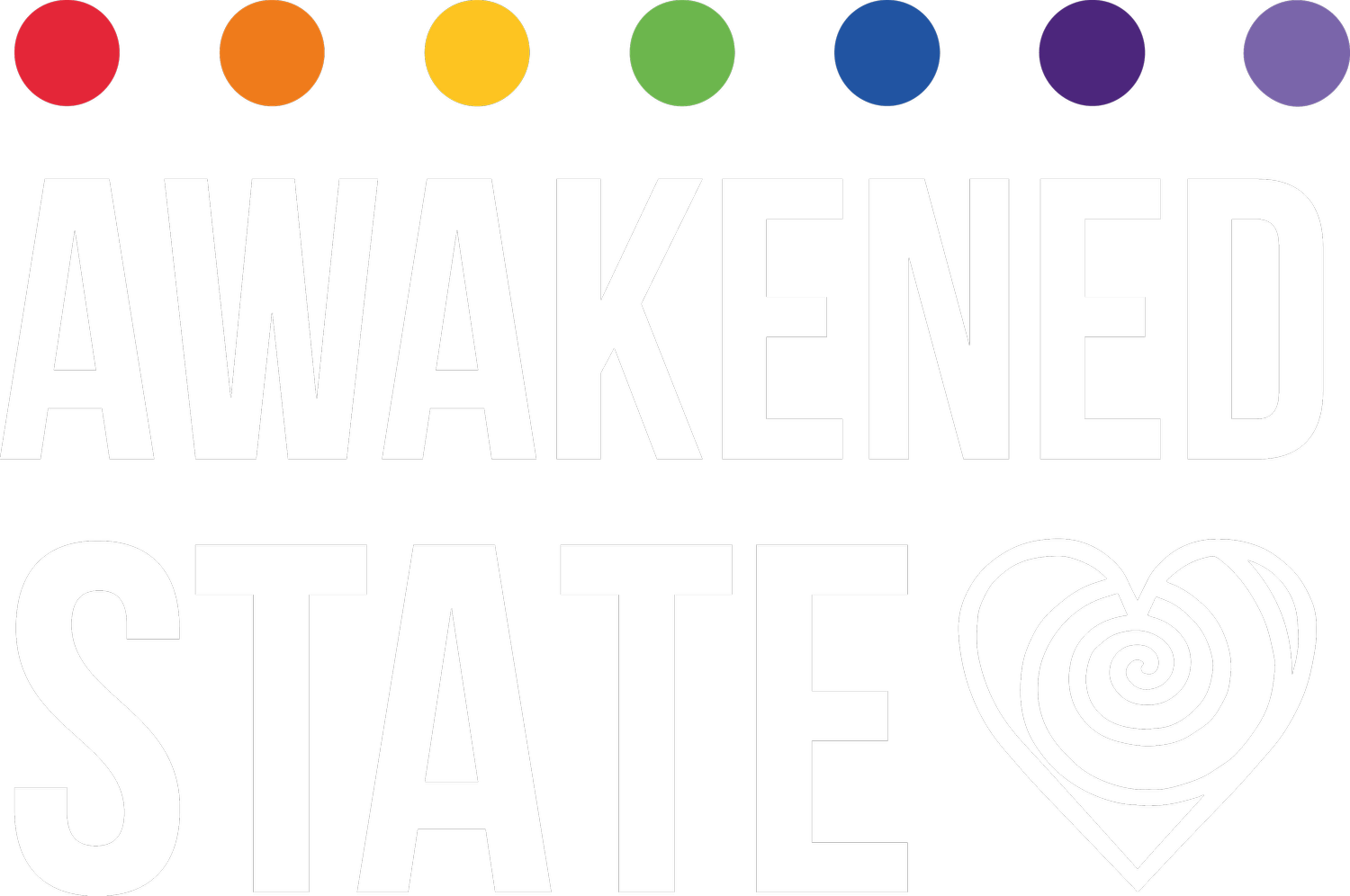FAQs
-
Consistent experience shows that the unique psychological skill set that John has developed for actors over the last 30 years, not only produces great actors, but also has a massive capacity for healing and empowerment for anyone, in any field of life.
John believes the job of a coach or therapist is to provide a frame of reference and create an environment for people to do their best work and solve their own problems.
-
The overwhelming response from our clients and students is that the knowledge and insight we provide is “mind blowing,” “enlightening,” “transformational” and “evolutionary.”
-
Originally developed as a branch of philosophy, psychology is simply defined as the science of mind and behavior. Behavior means ‘the manifestation of the mind’; i.e., the way that the mind expresses itself (or fails to express itself) through the emotional and physical aspect of our being.
-
What we call ‘the mind’ is the totality of all our thoughts. The mind is also the creator of all new thoughts. All new thoughts are the result of all the thoughts we’ve ever thought.
-
The eternal question, both for individuals and for humanity as a whole is, ‘Who am I? Are we merely an organic mind/ body machine? Or are we the consciousness being which inhabits it?
Whilst traditional psychology tends to lean towards the former conclusion, spiritual psychology is firmly established in the later, i.e., one's real or true self is not the mind or body, but rather the ever present, unchanging being which simply observes the whole show.
We define spiritual psychology as the science and art of human being.
-
The aim and function of spiritual psychology is to help people to identify and step over their own limits, fulfill their potential and be truly themselves.
-
If we look into a baby’s eyes, we can see that their inner being is naturally whole and happy (as long as they aren’t hungry or in need of a nappy change!). This happiness must surely be our own true nature. Ancient civilisations considered our real self to be shuddha (pure), buddha (wise) and mukta (free). This is our natural state.
-
The Spiritual Psychology of Acting course content has evolved from an in-depth study, and many years of John teaching a system for actors, originally developed by Constantin Stanislavski. John's work was further inspired by a selection of Eastern and Western philosophies, spirituality, psychology, mythology and human zoology.
We greatly honor the origins of these teachings throughout the courses and celebrate the global mix of enlightenment studies that have led to our own innovative training.
-
John's main teachers in the fields of psychology and human behavior are Sam Kogan (Ukrainian Acting Teacher), Eric Berne (Canadian psychiatrist who created the theory of transactional analysis), Alfred Adler (Swiss post Freudian psychologist) and Desmond Morris (British zoologist).
John considers his main spiritual and philosophical teachers to be Sri Shantananda Saraswati and Sri Nisargadatta Maharaj.
John's work is also greatly influenced by the work of Joseph Campbell (American mythologist) and Terrance McKenna (American philosopher).
Whilst John has been blessed to have been guided by some wonderful teachers, honest enquiry and real experience are the best teachers.
The system of philosophy referenced within the training courses is called Advaita Vedanta, a Sanskrit term which loosely translates as ‘non-duality’; or ‘knowledge of the one consciousness that manifests as everyone and everything.’ John also draws great inspiration from Gnostic, Sufi, Buddhist and Taoist teachings.
John has been a student of practical philosophy at the School of Philosophy and Economic Science in London since 1994, and has been practicing mantra-based meditation twice daily since 1995.
He has a keen interest in the comparative history and evolution of world religion and is fascinated by the commonality of the essential truths behind the symbols and stories contained within them.
